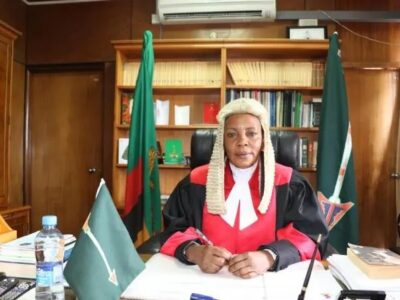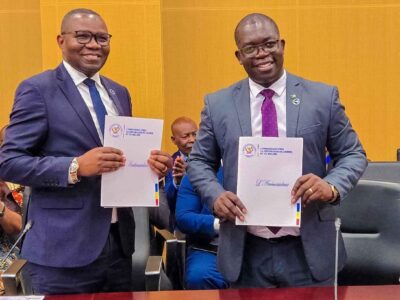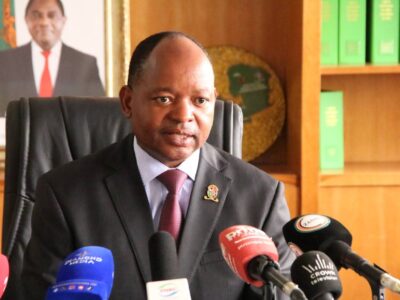The United Kwacha Alliance (UKA) has sounded the alarm over Zambia’s ongoing fuel shortage and escalating energy deficit, cautioning that these issues, if unaddressed, could cripple businesses and lead to economic collapse.
In a statement issued Friday in Lusaka, UKA Communications Chairperson, Jackson Silavwe, described the crisis as a severe blow to an already ailing economy.
He expressed concern over the government’s approach, labeling the combination of prolonged load shedding and a fuel shortage as both a leadership failure and a cruel burden on Zambians who are struggling to make ends meet.
“We note the explanation by Minister of Energy, Makozo Chikote, who cited delayed berthing at Beira port as the cause of the fuel shortage, as a ship carrying petrol encountered berthing delays, leading to congestion,” Silavwe said.
He added that some Oil Marketing Companies (OMCs) had locked orders for petrol onboard the vessel, exacerbating the shortage.
Further complicating the situation, he said Zimbabwe had introduced a new transit deposit requirement for petroleum tankers crossing its territory.
The policy mandated deposits of between $22,000 and $30,000, a measure intended to prevent transit fraud but one that has significantly increased costs for OMCs.
This has forced OMCs to reroute tankers through Chanida border in Katete, a detour adding an additional 400 kilometers to the journey, driving up transportation expenses.
“As UKA, we are concerned that this increase in transportation costs incurred by OMCs will likely be passed onto consumers through increased fuel pump prices,” Silavwe stated.
Silavwe criticized the Zambian government for failing to address the issue with the Zimbabwean government diplomatically, instead focusing on discussions with authorities at Beira port to expedite tanker clearance.
He argued that unless efforts were made to negotiate with Zimbabwe to remove this Non-Tariff Barrier (NTB), Zambia would struggle to resolve its fuel shortage, particularly for essential fuel types such as petrol, kerosene, and Jet A1, which rely on road transportation.
“As UKA, we demand that the Zambian government urgently engage the Zimbabwean authorities through established diplomatic channels to resolve the issue of transit deposits,” he urged.
Silavwe also called on the government to avoid passing the OMCs’ increased transportation costs onto consumers.
He further advocated for the reintroduction of fuel subsidies as a protective measure to cushion citizens from potential price hikes at the pump.
“We urge the government to leverage platforms like the Southern African Development Community (SADC), the Common Market for Eastern and Southern Africa (COMESA), and the African Union (AU), of which both Zambia and Zimbabwe are members, to address trade issues between the two countries,” he added.
Despite his criticism, Silavwe welcomed the government’s decision to review its withdrawal from direct fuel procurement, describing it as a “step in the right direction.”
He expressed hope that the government would re-enter the petroleum subsector to ensure greater control and stability in national interest.
WARNING! All rights reserved. This material, and other digital content on this website, may not be reproduced, published, broadcast, rewritten or redistributed in whole or in part without prior express permission from ZAMBIA MONITOR.












Comments